1. Burying the Placenta
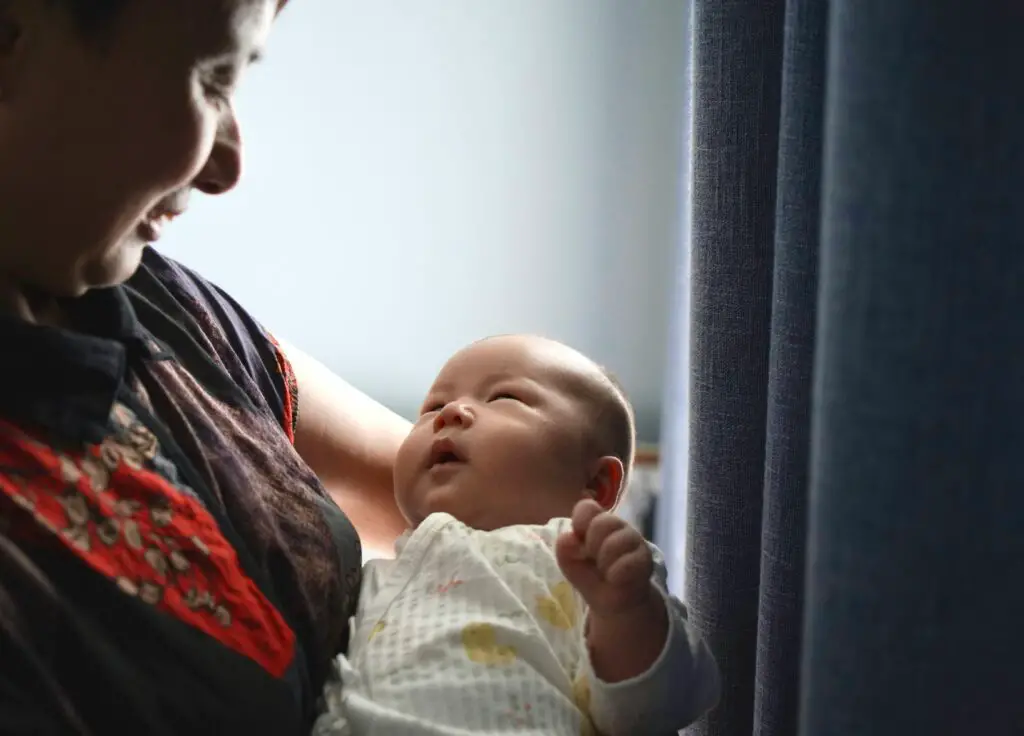
In many cultures, the placenta wasn’t just medical waste, it was sacred. Families would bury it under a tree or in the family yard, believing it linked the baby’s spirit to the earth. Some even planted fruit trees on top, hoping the child would grow as strong and fruitful as the plant. It sounds poetic, but it was also a little unsettling—tying a baby’s fate to the life of a tree.
The creepy part was how deeply symbolic this was. If the tree thrived, people believed the child would live a long and healthy life. But if the tree withered or was struck by lightning, it was seen as a dark omen for the child’s future. Imagine parents anxiously watching a tree every day as a kind of life monitor for their baby.
2. Salting Newborns

In ancient times, some parents rubbed salt all over their newborns. The ritual was meant to purify the baby and protect them from evil spirits. Salt was thought to have protective powers, almost like a shield against unseen dangers. But to modern ears, the thought of rubbing salt on a baby’s tender skin sounds more painful than protective.
This tradition was common in places like the Middle East and parts of Europe. The act was seen as a way to toughen the baby up, ensuring they could handle the challenges of life ahead. It’s strange to picture a tiny infant being treated more like food being seasoned than a delicate new human.
3. Placing Babies on the Ground
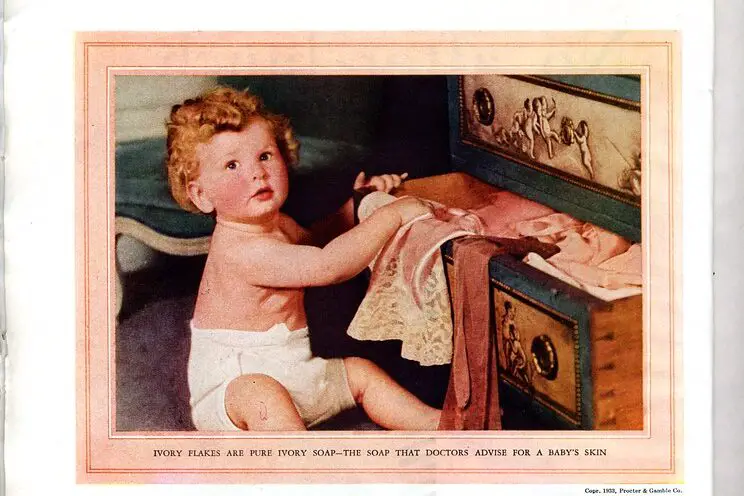
Some traditions required a newborn to be placed on bare earth immediately after birth. The idea was that the baby needed to “meet” the earth and be accepted by it. It was a symbolic gesture of belonging, connecting the child to nature and the ancestors buried in the soil.
But lying a slippery, fragile newborn on cold ground seems terrifying today. Parents genuinely believed that without this ritual, the child might never truly be part of the community. It was both a blessing and a test, with the earth itself as the first cradle.
4. Drinking Mother’s First Milk

Colostrum, the thick first milk produced after birth, was once treated with suspicion. In some places, it was considered dirty or even poisonous. Instead of feeding it to the baby, it was sometimes discarded, and newborns were given honey, sugar water, or even animal milk instead.
The unsettling truth is that colostrum is actually incredibly healthy, packed with nutrients and antibodies. But centuries ago, people thought giving it to a newborn could bring illness. So mothers followed the creepy custom of wasting their body’s natural first gift and replacing it with substitutes that weren’t nearly as safe.
5. Cutting Nails at Night

In parts of Eastern Europe, it was believed that you should never cut a baby’s nails during the day. Instead, it had to be done at night under candlelight. Parents thought this strange ritual prevented witches from stealing the baby’s cuttings and using them for curses.
The catch was that it made the process way more dangerous. Imagine cutting tiny nails with shaky hands by flickering light. Some parents didn’t even use scissors, they bit the nails off instead, believing it was safer. The eerie mix of superstition and danger made this a nerve-wracking tradition.
6. Whispering a Secret Name
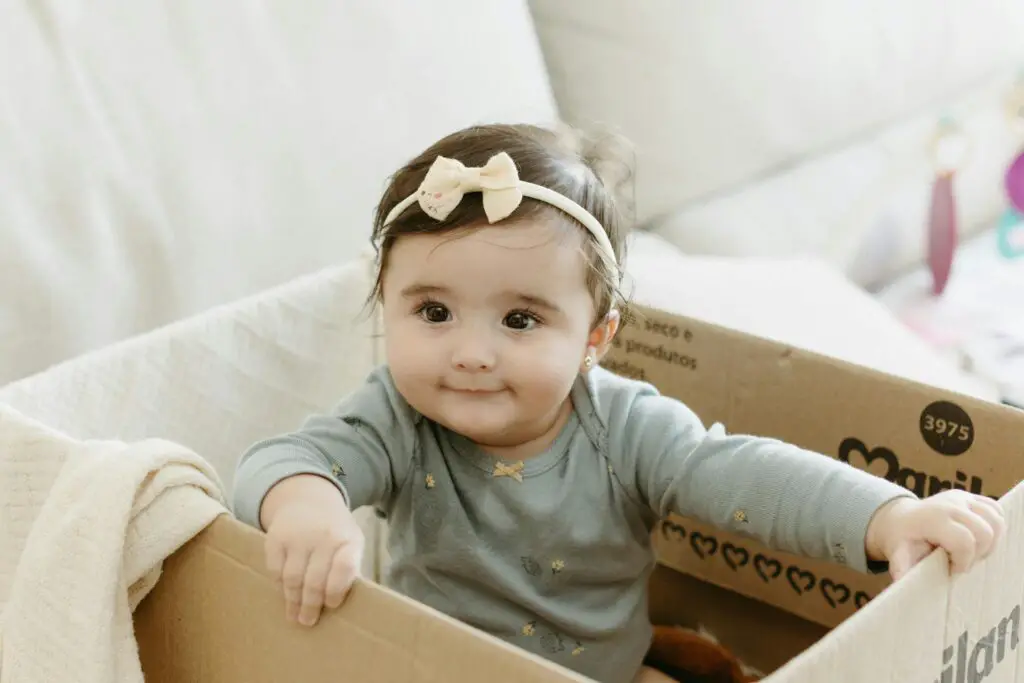
In some cultures, the baby was given a secret name whispered only to the family and never spoken in public. This was done to confuse evil spirits who might want to harm the child. The “real” name was used for protection, while a public name was used for daily life.
It’s fascinating but also chilling, because it suggests people believed unseen beings were constantly lurking, waiting to strike. The secret name became almost like a magical password. Parents weren’t just naming their baby, they were guarding their soul with an extra layer of identity.
7. Passing the Baby Through a Window

In certain regions of Germany, a newborn was passed through a window instead of a door. This ritual symbolized a clean entry into life, free from curses or bad luck that might enter through a doorway. Some even believed it tricked spirits who waited at the front entrance.
But the image of a slippery newborn being handed out a window is unnerving. The practice often involved nervous relatives on both sides, carefully maneuvering the fragile child. As creepy as it sounds, families felt it was safer than letting unseen forces greet their baby first.
8. Dropping Babies on the Ground
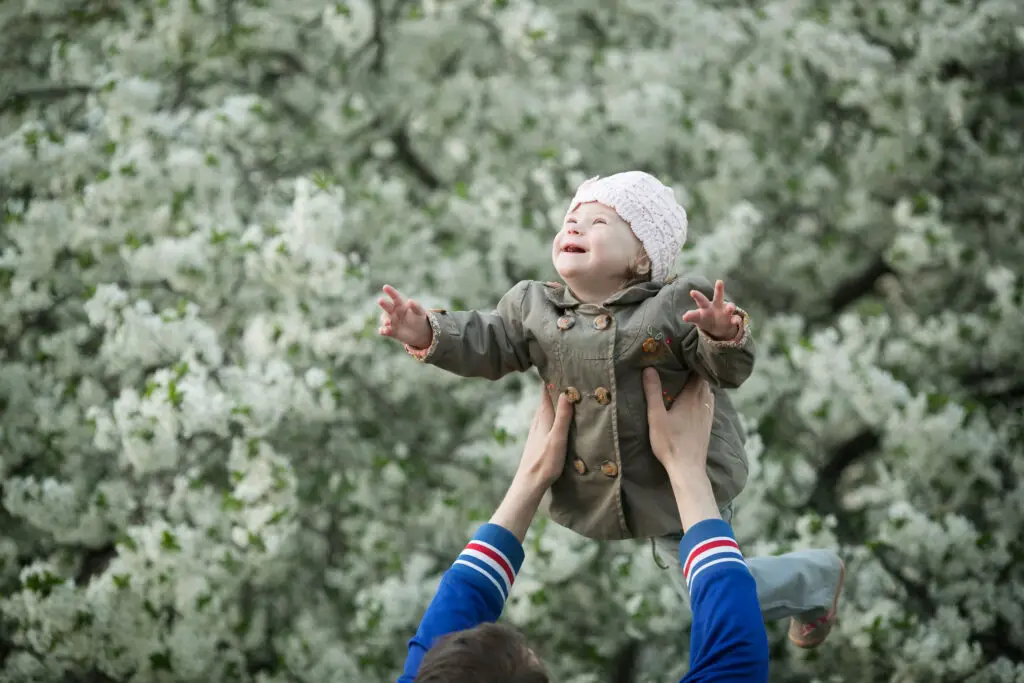
Some communities in Africa had a startling practice: gently dropping the baby onto the ground right after birth. The ritual was meant to toughen the baby and prove they were strong enough to survive. Elders insisted it gave the child a “trial by earth” moment.
To outsiders, it looked like reckless endangerment. But to those who practiced it, it was a protective act, almost like introducing the child to gravity and the world itself. The drop wasn’t from very high, but the symbolism carried heavy weight—literally and figuratively.
9. Smearing Animal Fat

In colder regions, newborns were covered in animal fat or butter to protect them. The grease was believed to keep evil spirits from touching the baby, while also insulating their skin against the cold. Parents thought this slippery coating was essential for survival.
The downside was that it also left the baby smelling like food. In some cases, this made infants more vulnerable to wild animals if they were left unattended. What started as protection from invisible dangers could accidentally draw in very real ones.
10. Passing Babies Over Fire
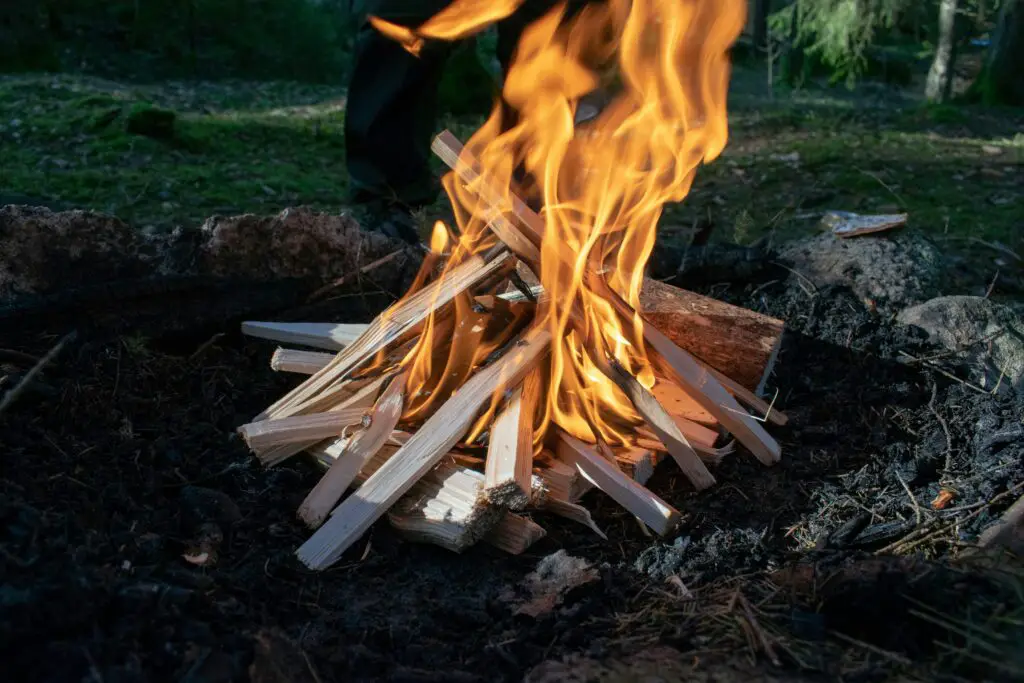
Fire was seen as cleansing and protective, so some cultures passed newborns carefully over flames. The belief was that the smoke and heat would burn away bad luck, curses, or any dark energy attached to the child. It was a dangerous tradition but taken very seriously.
The ritual was usually done quickly, but even so, the thought of exposing an infant to fire seems shocking now. Parents believed the flames would ensure the baby’s health and ward off early death. The fire wasn’t just warmth, it was a spiritual shield.
11. Giving Babies Alcohol

In some places, newborns were given a small drop of wine or beer right after birth. The drink was seen as a blessing, introducing the child to the community’s shared sustenance. Some thought it calmed the baby or made them more resilient.
But looking back, the idea of feeding alcohol to a newborn feels disturbing. Even if it was just a drop, it symbolized bonding the child with adult traditions immediately. The line between ritual and harm was thin, and babies paid the price for the belief.
12. Measuring Shadows
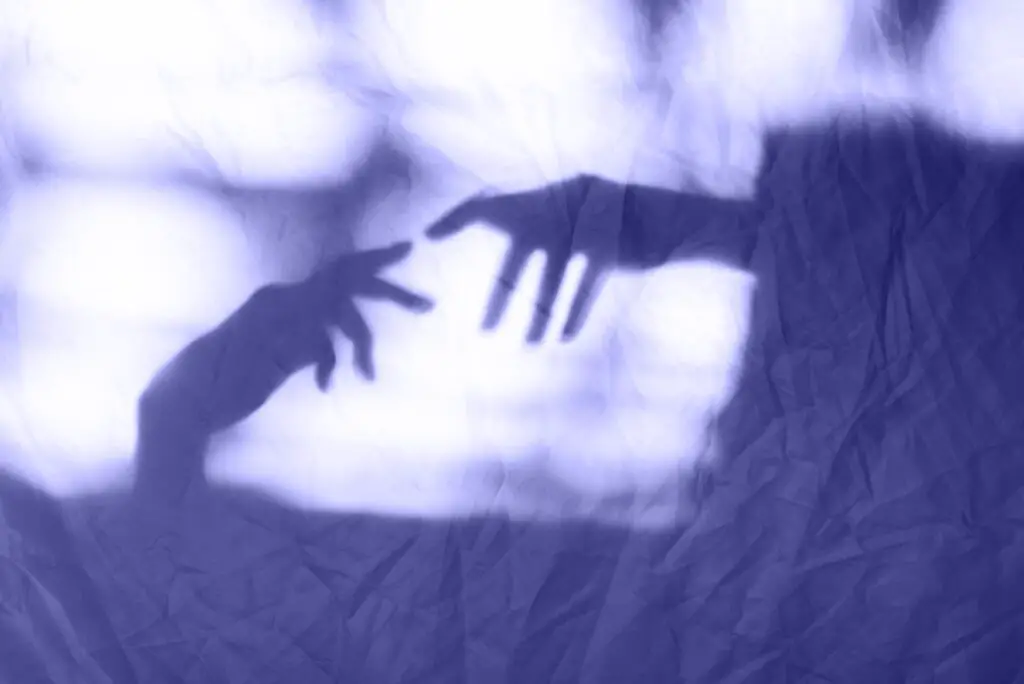
In old European folklore, some parents checked their baby’s shadow at night. They believed a long, clear shadow meant a long life, while a short or broken shadow predicted an early death. Families sometimes performed this eerie ritual as soon as the baby was born.
The act turned something as innocent as candlelight into a moment of dread. Imagine proud parents holding their baby up, only to gasp in fear at what the shadow revealed. The tradition turned a simple flicker of light into a possible death sentence.
13. Putting Babies in Water

Some traditions required dunking newborns into cold water almost immediately. Parents believed it would shock the baby into breathing strongly and ensure they were hardy enough to survive. It was less about cleansing and more about testing survival instincts.
To modern eyes, it looks like cruel baptism. The baby, still adjusting to life outside the womb, was forced into icy water. Families thought it was proof of strength, but it could just as easily have been a deadly mistake.
14. Placing Iron Under Cribs
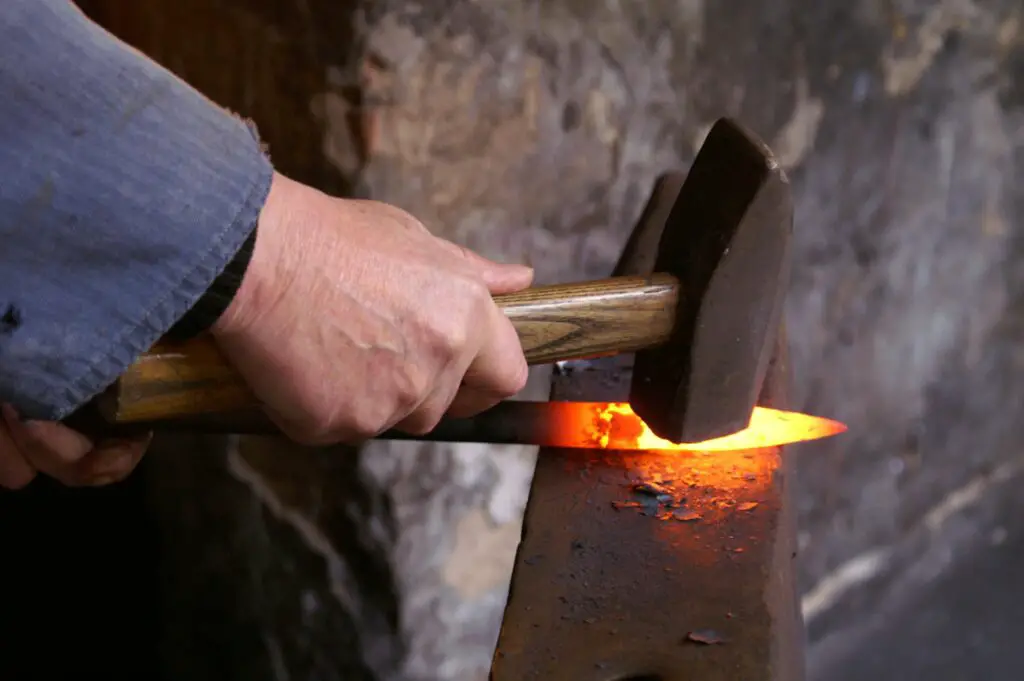
Iron was thought to repel evil spirits, so some parents placed knives, nails, or horseshoes under the baby’s crib. It wasn’t about safety in the practical sense, it was about keeping supernatural forces away. The baby would sleep with cold, sharp metal just beneath them.
The sight of iron under a sleeping newborn feels unnerving now. But for parents back then, it was reassurance that witches, demons, or restless ghosts couldn’t touch their child. It was a nightly ritual of protection, mixing love with an eerie sense of fear.
